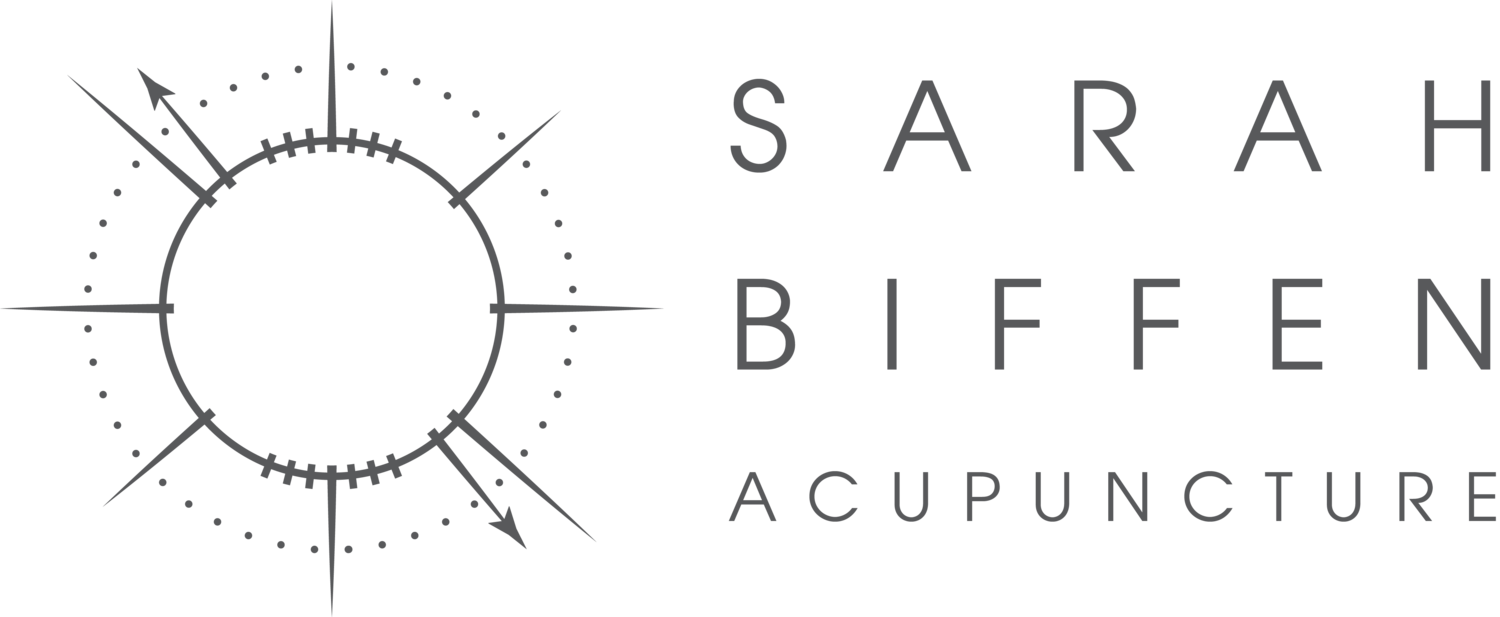TCM Winter Survival Guide
HAPPY SOLSTICE! IT’S OFFICIALLY WINTER HERE IN NEW YORK.
The winter season is characterized by its dark, cold, slow, inward energy and represents the most Yin aspect of Traditional Chinese Medicine. It is believed that harmonizing with the seasons helps you stay healthier and prevents disease. Therefore, it is believed that our diet and activities in winter should focus on enriching yin and subduing yang.
WINTER’S ASSOCIATIONS IN CHINESE MEDICINE
Element – Water
Yin Organ – Kidney
Yang Organ – Bladder
Sense Organ – Ears
Emotion – Fear
Flavor – Salty, bitter
Color – Black
The kidneys, which house our body’s most fundamental stores of energy, are largely associated with winter in TCM. Like so many animals that hibernate in winter, we too should turn to rest in order to conserve energy and revitalize our kidneys. Going to bed earlier and sleeping in later allows for the full healing effects that sleep can bring. This restful period also presents an opportunity to look inward and reflect through meditation, journaling, reading, Tai Chi and Qi Gong; practices that nourish the soul and encourage us to connect to our inner selves. Winter also activates our ears, the sense organ associated with kidney health; we’re able to hear more in the quietness and stillness of the season. Relaxing the mind and calming our emotions enables us to raise our spirit.
Winter is also a crucial time to heal and tonify our bones, which are associated with the kidneys as well. Incorporating bone broths can be especially nourishing during these months.
While many feel energized by the cool, crisp air and opportunity for rest that winter brings, feelings of sadness and depression are also common as a result of reduced exposure to the sun. Taking Vitamin D supplements can help create balance during these months.
FOODS WE EAT SHOULD SHARE QUALITIES OF THE WATER ELEMENT; DARK COLORS, SALTY FLAVORS.
Nuts
Seeds
Legumes
Shellfish
Salt water fish
Seaweed
Dark berries
Root vegetables
Whole grains
Stews and soups
Warming spices (garlic, ginger, cardamom)
The incorporation of adaptogenic herbs can strengthen the kidneys and adrenals, boost immunity, lift depression, ease anxiety, and help the body adapt to stress.
TRY THE FOLLOWING AS SUPPLEMENTS OR TEA:
Holy basil
Ashwaghanda
Astragalus
Oat straw
Rhodiola
ESSENTIAL OILS CAN BE USED IN A DIFFUSER:
Geranium, ylang ylang, jasmine, and basil to strengthen the water element.
Floral oils to nourish yin, lift the spirit and connect with our inner beauty and essence.
Basil to relieve fatigue, depression, focus and memory.
With every season comes the opportunity to be intentional about where we place our energy - and to whom we spend it on. Winter encourages us to seek out what brings us warmth, light and joy; to connect more deeply with oneself without overextending.
Regular acupuncture treatments are essential for restoration, nourishment and strengthening kidney Qi. Some restful time on the table (and perhaps even a needle nap) is essential self-care during these winter months.
Reach out or schedule your appointment today, and we’ll design your perfect winter survival plan.
